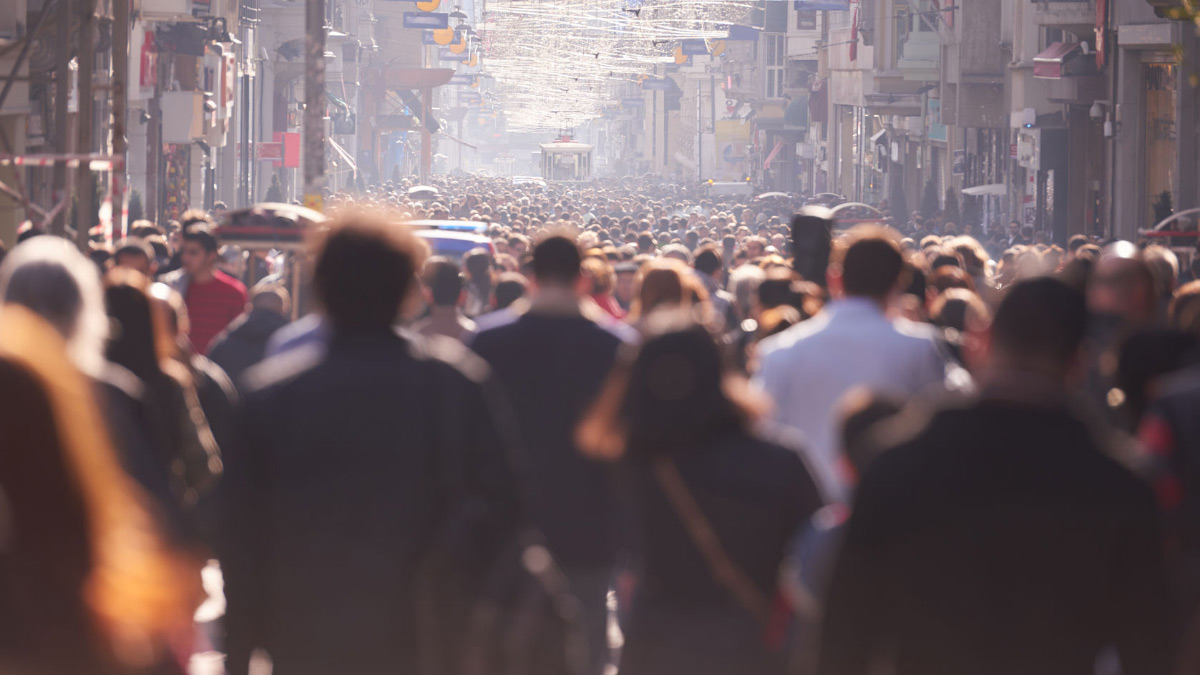Think, for just a moment, about how dumb the median person is. Now remind yourself: half the people in the world are dumber than that. Why, in a world filled with such imbeciles, would we want to rely on the prices emerging from their voluntary, decentralized, and disaggregated market choices--as F.A. Hayek and Adam Smith and Thomas Sowell would have us do--when there are so many people who are so much smarter, so much wiser, and so much better positioned to tell them all what to produce and how to live?
Why not, in short, rely on central planning directed by those possessing the most cultivated and refined minds? After all, competition gives us a bunch of different restaurant chains and steel companies and health insurers replicating and wasting resources with redundant teams of c-suite executives when clearly it would be more efficient for there to be one group tasked with food production and distribution, onegroup tasked with steel production, and one group tasked with providing health coverage.
So why not cede control of the means of production to committees of elites—people like, say, me, perhaps—who are equipped with the latest and greatest scientific knowledge and most up-to-date planning techniques and who are thus well-prepared to tell others how to live? It is, after all, for their own good and their own flourishing, and I—and I suspect, those like me—would never dream of abusing our power for personal gain.
Well, I think we should ask three questions of those who presume to know better than everyone else how we should all live, what should be produced, how it should be produced, and who should get it.
1. What might the members of the unwashed masses—for whom, it must be said, you seem to hold a barely-concealed contempt—know that you don’t?
Think it possible that while you may exceed them in scientific knowledge and cultivated learning that they may exceed you in practical wisdom. At the very least, think it possible that they know themselves, their friends, their families, and their local situations better than you do.
2. Are they human?
This seems like an odd question to ask, but I think it’s important. Are we really acting in a manner consistent with respect for others’ liberty and dignity—for their humanity—by overriding their choices with our own? By saying—and saying backed by the power to use lethal force if necessary—that you are not allowed to buy and sell things we find tacky, lowbrow, trivial, or unhealthy? Or by making someone get permission in the form of either a permit or license (in a regulated society) or by the vote of the planners, the leaders of the party, or even a democratic assembly before trying something new?
3. What makes you so special?
On what grounds do you presume to choose for others? Who or what gives you the authority to override others’ choices? Is it possible those we have just derided as “morons,” above, exceed you in practical wisdom? Might it be possible that, when considering their tastes, their preferences, the situations in which they find themselves, their histories, their families, and so on, they might—might!—know something you don’t? Might it be wise for you to heed a bit of Biblical wisdom and remove the planks from your own eyes so you can see the specks in others’ eyes a bit more clearly?
Political movements left, right, and center are plagued with a failure to ask these questions, and in this, I am with C.S. Lewis; we would do well to heed his words:
“I am a democrat because I believe in the Fall of Man. I think most people are democrats for the opposite reason. A great deal of democratic enthusiasm descends from the ideas of people like Rousseau, who believed in democracy because they thought mankind so wise and good that everyone deserved a share in the government. The danger of defending democracy on those grounds is that they’re not true. And whenever their weakness is exposed, the people who prefer tyranny make capital out of the exposure. I find that they’re not true without looking further than myself. I don’t deserve a share in governing a hen-roost, much less a nation. Nor do most people—all the people who believe advertisements, and think in catchwords and spread rumours. The real reason for democracy is just the reverse. Mankind is so fallen that no man can be trusted with unchecked power over his fellows. Aristotle said that some people were only fit to be slaves. I do not contradict him. But I reject slavery because I see no men fit to be masters.”









